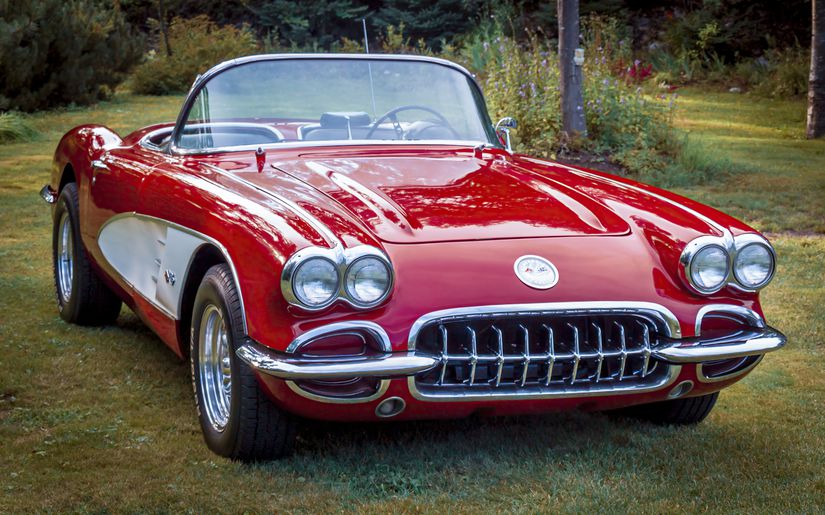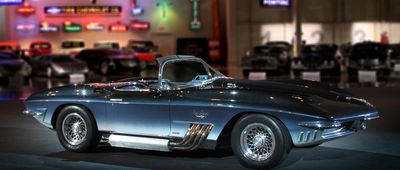Paving the Way in the ’60s
Muscle cars took the U.S. automobile industry by storm during the 1960s, with every automaker from Ford to Chevrolet launching models to compete with each other. The ’60s also saw some over-the-top luxury models and flashy foreign supercars. It was a prominent decade in the history of cars, with tons of innovative models that changed the game forever between design and style and power and performance. Here’s a look at the greatest legends of the decade.
Related:Tail Fins, Hood Ornaments, and Other Classic Car Features You Don't See Anymore
























